Itchy Roof of Mouth: Causes and Treatment


Related products
There are many causes of an itchy mouth, such as infections and food allergies. An itchy mouth must not be ignored because it is one of the signs of anaphylaxis, a deadly allergic response. The article seeks to give the reader an insight into what causes an itchy mouth, not forgetting the best practical ways of treating it, when to see a medical practitioner for the underlying problem, and ways to prevent such an issue.
What Signs and Symptoms Accompany Itchy Roof of the Mouth?
Allergic Rhinitis
Feeling of itchiness in the roof of the mouth is a symptom of allergic rhinitis, plus others that come along with it are:
- Fatigue
- Postnasal drip
- Runny nose
- Constant sneezing
- Watery and itchy eyes
- Congestion

Allergies
Allergy to a certain food could be a cause of the itch in the palate. Other symptoms of this include the following:
- Swelling, itching, or irritation of the mouth, throat, or lips
- Anaphylaxis (in severe cases)
- Hives
Oral Allergy Syndrome
The cross-reaction oral allergy syndrome is a case of pollen allergy. Other symptoms that accompany the itchiness in the mouth include:
- Swelling of the lips, mouth, tongue, face, or throat
- A scratchy throat
- An itchy mouth
Seasonal Allergies
If the itchy roof of the mouth happens only at certain times of the year - particularly during spring or fall – a person is dealing with seasonal allergies. Accompanying symptoms include:
- Runny or stuffy nose
- Sneezing
- Itchy throat
- Watery or itchy eyes
- Coughing
Other Allergic Reactions
Allergic reactions to medication, insect stings, and certain substances (like latex) cause itchiness in the mouth. Other possible symptoms include:
- Rash or hives
- Difficulty breathing
- Anaphylaxis (in severe cases)
Bear in mind that if a person has severe symptoms like difficulty breathing or swelling of the face, throat, or mouth, he must seek immediate medical help.
What are the Causes of Itchy Roof of Mouth?
Causes of an itchy mouth include the following,
Food Allergies
An itchy mouth is a typical symptom often linked to food allergies. The prevalent food allergies include milk, soy, tree nuts, fish, and shellfish. It is usual for children to have allergies to milk, eggs, or peanuts, but they eventually grow out of these allergies.
Allergens are often innocuous chemicals found in food that elicit an allergic immunological reaction in some individuals. When the body reacts, it produces histamine in the mouth, leading to inflammation, itching and swelling of the mouth, throat, and tongue.
Oral allergy syndrome (OAS) is another food allergy that causes an itching sensation in the mouth. Individuals allergic to pollen, a fine powder produced by seed plants for reproduction, feel uncomfortable in their mouth while consuming raw foods that contain proteins comparable to those found in pollen.
Several varieties of pollen allergens that induce Oral Allergy Syndrome (OAS) include:
· Ragweed pollen:
Foods such as melons, cucumber, white potatoes and sunflower seeds have the potential to cause a cross-reaction with ragweed pollen. These foods are well known to elicit Oral Allergy Syndrome (OAS).
· Birch tree pollen:
Apricots, kiwi, pears, carrots, almonds, parsley, and soybeans are dietary items that can potentially cause oral allergy syndrome (OAS) due to their cross-reactivity with birch tree pollen.
· Grass pollen:
Food items such as melons, tomatoes, oranges, peaches, and white potatoes have the potential to cause a cross-reaction with grass pollen, making them popular triggers for Oral Allergy Syndrome (OAS). Additionally, some individuals have pruritic erythematous hands when peeling white potatoes. An individual afflicted with Oral Allergy Syndrome (OAS) would not have any adverse reactions to food that has been cooked or canned because of the alteration of proteins caused by heat.
Anaphylaxis
If a person experiences abrupt constriction of the chest, difficulty in swallowing or breathing, or enlargement of the tongue, throat, or lips, it is possible that he is undergoing anaphylaxis. Anaphylaxis is a significant and excessive immune reaction across the whole body to an allergen, resulting in hypersensitivity.
Anaphylaxis is induced by allergies to insect stings, venom, drugs (such as antibiotics), food, latex, and other substances. Four Frequently, the response cannot be attributed to a particular stimulus.
Anaphylaxis is a critical condition that requires prompt administration of epinephrine, often using an Epi-Pen and quick medical intervention. Untreated, the confluence of profound hypotension, airway constriction due to oedema, and systemic inflammation result in organ failure and mortality.
Drug Side Effects
Certain medicines induce stomatitis or dry mouth, which causes mouth itching. Stomatitis-causing chemotherapy drugs include:
- Vizimpro (dacomitinib)
- Afinitor or Zortress (everolimus)
- Nexavar (sorafenib)
- Gilotrif (afatinib)
- Tarceva (erlotinib)

If a person has pruritus in the oral cavity after the initiation of medicine or cancer therapy, it is advisable to consult with a healthcare professional.
Viral And Fungal Infections
Viral respiratory infections such as influenza and COVID-19 stimulate the immune system, resulting in inflammation in the mouth and causing symptoms such as a painful or irritated throat and an itchy sensation in the mouth. Suppose a person is experiencing symptoms such as weariness, sneezing, fever, and general body pains. In that case, it is more probable that a viral infection is the underlying cause of an itchy mouth.
A harmless yeast, Candida albicans lives on the skin and in the mouth. This is the leading cause of oral candidiasis or thrush.

Common oral thrush symptoms:
- Oral lesions characterised by white spots inside the mouth that exhibit bleeding upon removal
- Oral discomfort or discomfort while consuming food or swallowing
- Fissures and erythema at the commissures of the mouth
If the immune system is compromised due to cancer treatment, organ transplantation, or HIV/AIDS, a person is at risk of developing more severe fungal infections.
Environmental Factors
Occasionally, the environment contributes to developing an irritated sensation on the roof of the mouth. Environmental factors include various elements influencing or impacting a given situation or system.
- Dry air causes xerostomia, resulting in pruritus of the oral tissues.
- Irritants such as smoke, pollution, and chemical vapours can irritate the delicate tissues of the mouth.
Why Do Some Types of Food Make Mouth Itchy?
Various varieties of fruits and vegetables include proteins that are almost indistinguishable from proteins present in pollen. The resemblance perplexes the immune system and initiates the production of histamines to combat the allergen. Consuming food containing a protein comparable to the one found in airborne pollen exacerbates hay fever symptoms in those already experiencing it. This phenomenon is referred to as cross-reactivity.
It is crucial to acknowledge that experiencing an itchy after consuming nuts indicates a more severe allergic response. Although some nuts and legumes, such as soybeans, peanuts, hazelnuts, and almonds, are linked to birch pollen allergies, itching suggests a more severe condition.
Suppose an individual encounters pruritus in their oral cavity or throat after consuming nuts (including peanuts). In that case, they should seek assistance from an allergist or immunologist. Getting medical attention for nut allergies is crucial since they have severe consequences.
How to Diagnose the underlying Causes of Itchy Roof of Mouth?
Allergy tests help identify particular allergens that must be avoided. A physician uses the findings to establish a diagnosis and recommend the administration of epinephrine. A physician diagnoses oral thrush by physical examination and performing a culture test. During a culture test, a physician often employs a cotton swab to gather a tiny sample from the oral patches, which is then sent to a laboratory for examination. The physician ordered a blood test to exclude any underlying medical issues.
What are some of the Management and Treatment Options to get relief from Itchy Roof of Mouth?
The underlying reason for the oral itchiness determines the course of treatment.
Allergic Reactions Cases
Oral antihistamines like Benadryl (diphenhydramine) or Allegra (fexofenadine) effectively treat mild and severe allergic responses. Nevertheless, these medications are ineffective in treating anaphylaxis.
It is crucial to recognise and steer clear of the stimulus that causes an allergic response. Make a record of the instances when you have a response. You should consult a healthcare professional as well. They direct you to an allergist to confirm the presence of an allergy.
Upon identifying allergy triggers, diligently examine food labels to ensure avoidance of any item or ingredient containing allergens.
To mitigate the effects of oral allergy syndrome, peeling or boiling food is often effective in minimising contact with the allergenic substance. Immunotherapy, usually known as allergy injections, can be a viable option for mitigating the body's response to the pollen-causing cross-reactivity with certain foods.
Anaphylaxis
If you are suffering anaphylaxis, you notice sudden constriction of the chest, challenges with swallowing or breathing, enlargement of the tongue, throat, or lips, or prolonged allergic symptoms.
Anaphylaxis is a critical medical situation that necessitates immediate administration of epinephrine, often via the use of an Epi-Pen. It would help if you visited the hospital to get medical care.8 Although the symptoms improve with the administration of an epinephrine auto-injection, it is crucial to seek immediate medical attention since the symptoms have the potential to reoccur.
Viral Infections
Typically, viral illnesses such as influenza or the common cold resolve spontaneously within a few days or weeks. During this period, it is advisable to take a break, stay hydrated, and use over-the-counter (OTC) drugs to lower body temperature and alleviate symptoms. Adhere to self-isolation and maintain distance from others to limit the transmission of the virus to others.
Fungal Infections
For mild cases of localised Candida oral thrush, a brief treatment of topical antifungal medicine is used, such as pills, patches, gels, or solutions. Oral Diflucan (fluconazole) is recommended for moderate or severe instances. If the current treatment is ineffective, an alternative antifungal agent is attempted.
How to Relieve Itchy Roof of the Mouth at home?
Identifying the Cause
Before successfully addressing an itchy roof of the mouth, it is crucial to ascertain the root reason. Often, this irritation indicates an allergic response. Food, dust, pollen, and other substances induce allergies for several reasons.
Home Remedies for Relief
There are several at-home treatments for an itchy mouth, depending on the cause behind symptoms.
1. Improve oral hygiene routine.
If germs are causing an itchy palate, it is possible that oral hygiene is not sufficient. Ensure to thoroughly clean the tongue and the roof of the mouth in addition to brushing and flossing teeth. Continue with the use of an essential oil mouthwash that has antibacterial characteristics.
2. Clean toothbrush and any removable appliances.
Ensure that one cleans removable oral equipment, such as dentures, partial dentures, orthodontic aligners, or a retainer, thoroughly daily. Otherwise, it fosters the growth of germs, which result in fungal illnesses like thrush, characterised by an itching sensation on the roof of the mouth. Avoid using abrasive substances or chemicals unless specifically instructed by the dentist. The most optimal choice would be to use an effervescent cleanser, such as denture tablets, to regularly immerse equipment. Subsequently, thoroughly brush and rinse it. One dispose of a toothbrush, immerse it in a solution of equal parts water and bleach or water and vinegar, or clean it in the dishwasher.
3. Avoid alcohol-containing mouth rinse products.
Alcohol is a primary component in several prominent brands. Consuming alcohol dehydrates the mouth and exacerbates the discomfort of itchy palate symptoms.
4. Rinse with warm saltwater.
A practical method to alleviate soft tissue irritation inside the oral cavity is to regularly rinse with a warm saline solution many times daily. This aids in the natural extraction of any inflammation or discomfort. Combine a teaspoon of table salt with eight fluid ounces of warm water. Rinse, gargle, and expel the liquid until you have consumed the entire glass.
5. Manage food or seasonal allergies.
Food allergies must be treated with utmost seriousness. Over time, an individual's sensitivity to certain foods progresses into a severe allergic response. Contemplate using an elimination diet to facilitate the process of identifying the specific item to which one has an allergic reaction. Additionally, ensure that one owns an epi-pen in case he has a confirmed food allergy to peanuts, shellfish, or a comparable substance.
6. Consider other factors.
Various underlying variables, such as viral exposure and worry, contribute to the sensation of itchiness in the mouth or tongue. If one has reason to believe that one has come into contact with a virus, has intermittent cold sores, or has anxiety, it is advisable to consult with a doctor or dentist on a suitable course of therapy. They may recommend prescribing antifungal or antiviral drugs for a person based on risk factors.
People Also Ask
Does climate change affect the symptoms of itchy roof of the mouth?
Yes, climate change does affect the symptoms of itchy roof of mouth. Certain climates may exacerbate the allergies and respiratory conditions. As the global temperature rises, the duration of the spring and summer increases that gives way to the growth of plants, resulting in higher pollen levels and prolonged allergy seasons. The increased quantities of carbon dioxide in the air also stimulate the flowers to produce more pollen and let it free in the air. Such environmental and climatic changes intensify the allergic reactions that result in irritation and itching in the roof of mouth. Moreover, climatic changes also increase the air pollution that compromises the respiratory health defences, making it more susceptible to allergens. these factors contribute to discomfort and itchiness in the mouth and throat.
Is an itchy roof of mouth related to acid reflux?
Yes, an itchy roof of mouth can be related to acid reflux. Gastroesophageal reflux disease (GERD) is a health condition in which the stomach content flows back to the oesophagus, throat and mouth, causing irritation and inflammation of the oral mucous membranes. GERD, or acid reflux, thus leads to symptoms of itching, discomfort or burning in the roof of mouth and throat. Moreover, the acidic content that refluxes into the throat also causes a sensation of lump in the throat that irritates the adjacent respiratory airways as well, causing symptoms of sore throat and chronic cough.
Conclusion
Itchy roof of mouth has many causes, ranging from mild to moderate to severe underlying health conditions. The signs and symptoms that often accompany the itchy roof of mouth include allergic rhinitis, constant sneezing, allergies, irritation in the mouth and throat, oral allergy syndrome, seasonal allergies, coughing, watery or itchy eyes and anaphylaxis in severe cases. Individuals experiencing itchy roof of mouth along with severe symptoms like difficulty breathing or swelling of the face, throat, or mouth must seek immediate medical help.
Causes of itchy roof of mouth includes food allergies to certain edible items such as milk, soy, tree nuts and fish. Oral allergy syndrome (OAS) is a kind of food allergy that causes an itching sensation in the mouth upon exposure to certain pollen including ragweed pollen, birch tree pollen and grass pollen. Certain medicines may also induce stomatitis or dry mouth, which causes mouth itching. These drugs include sorafenib, everolimus, dacomitinib and afatinib.
Viral respiratory infections such as influenza and COVID-19 stimulate the immune system, resulting in inflammation in the mouth and causing symptoms such as a painful or irritated throat and an itchy sensation in the mouth. Our environment contributes to developing an irritated sensation on the roof of the mouth by factors including dry air, smoke and air pollution that irritates the delicate mucosa of the mouth.
The treatment and management plans to get relief from itchy roof of mouth depends on its underlying causes. For allergies, Benadryl or Allegra can effectively treat mild and severe allergic responses. Nevertheless, these medications are ineffective in treating anaphylaxis, for which hospitalization and extensive medical therapy is required. Oral fluconazole is recommended for moderate or severe instances of candida infections or oral thrush.





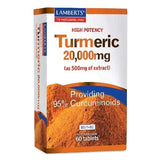
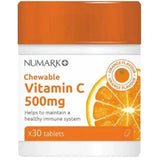


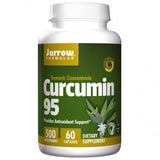

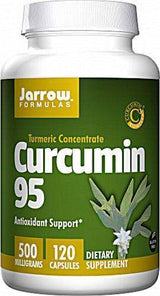
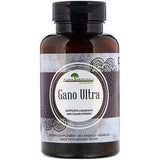

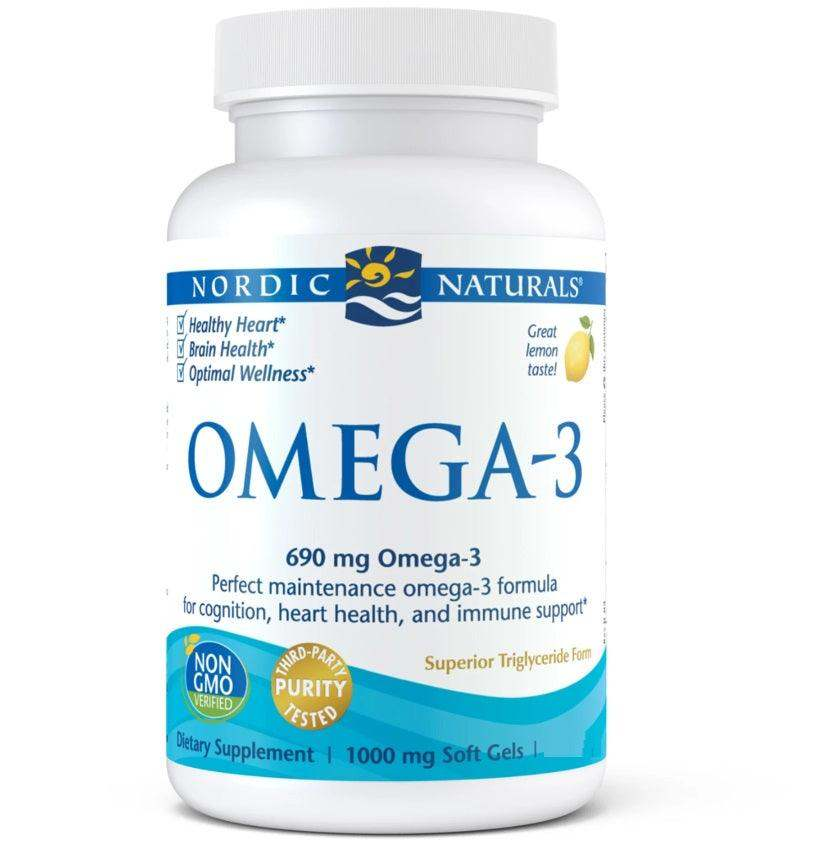






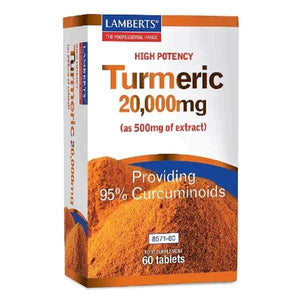



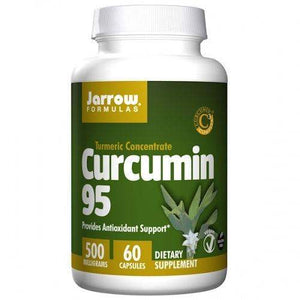

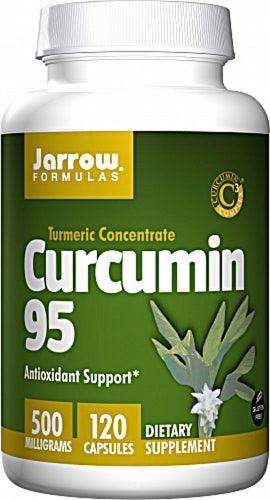
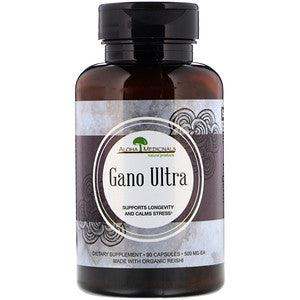
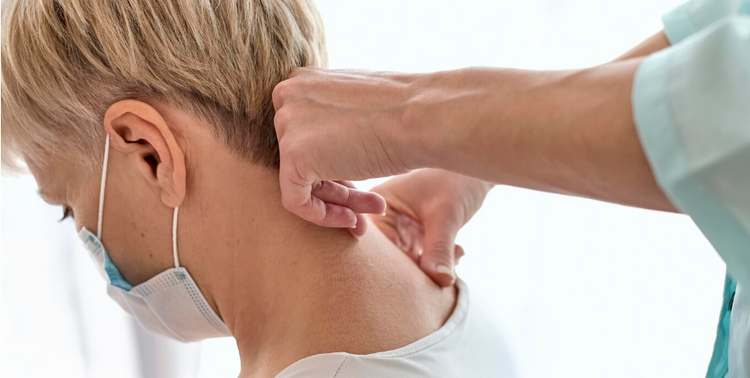

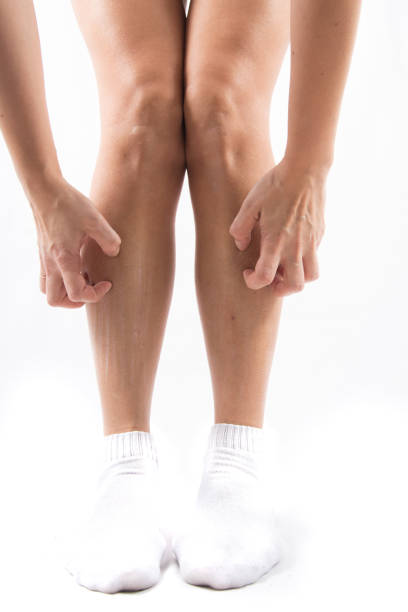
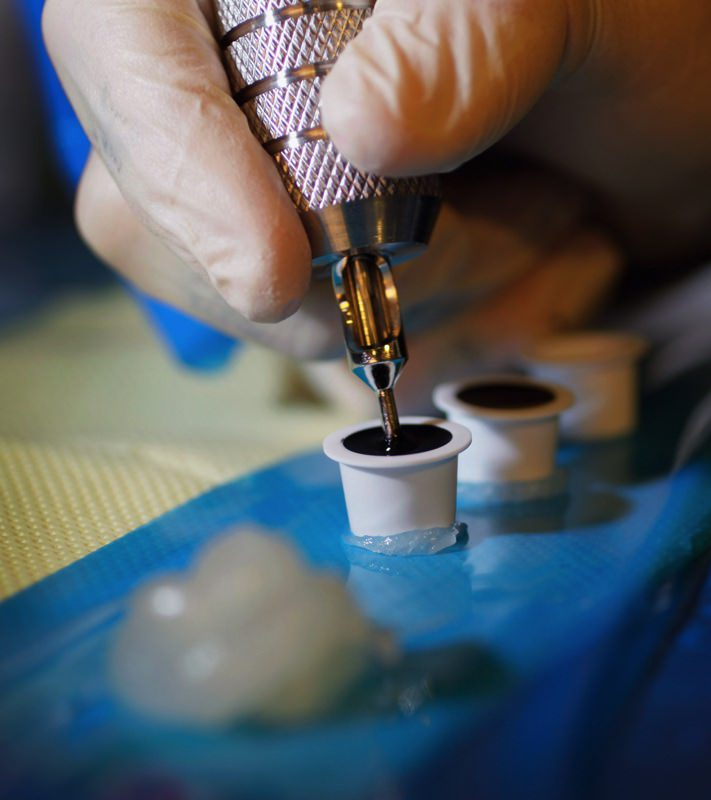

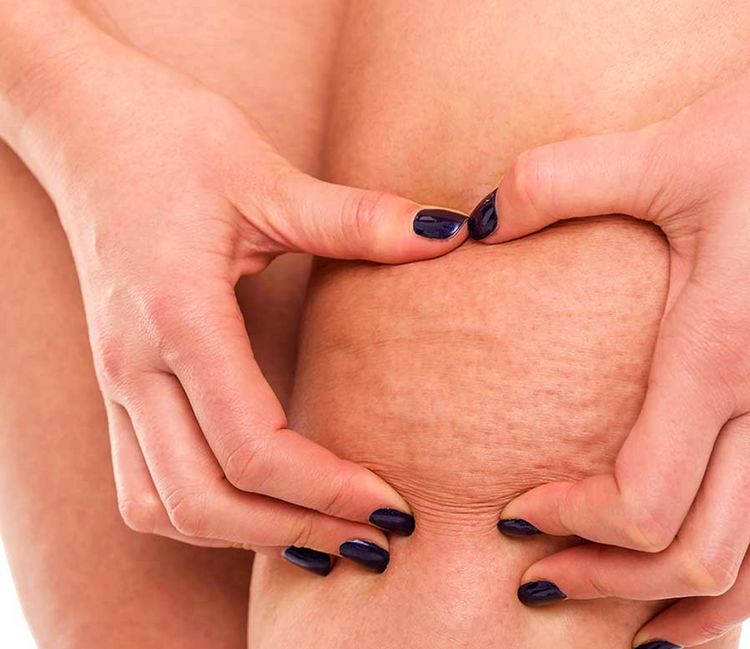
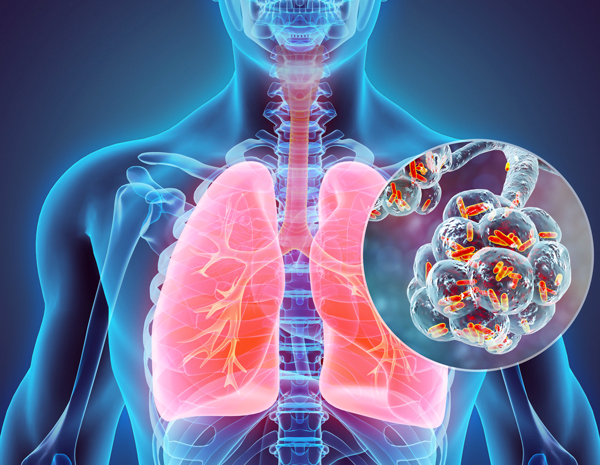
 Rated Excellent by 26,523+ Reviews
Rated Excellent by 26,523+ Reviews